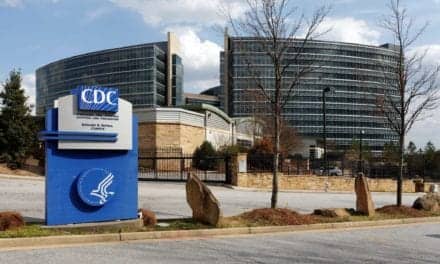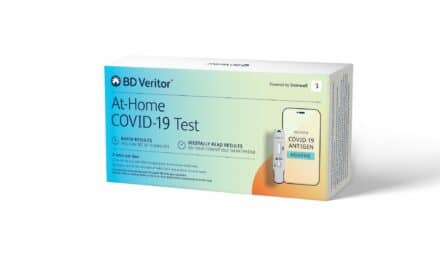Researchers from Seattle published insights toward reforming actions taken by state and federal regulators during the 2020 pandemic that hampered community testing of COVID in the city.
The new commentary, written by members of the Brotman Baty Institute (BBI), the research collaboration among UW Medicine, the Fred Hutchinson Cancer Research Center, and Seattle Children’s, was published recently in the journal Nature Medicine.
“Despite the severity of the SARS-CoV-2 Delta and Omicron variants, many people are seeking to move on and re-establish life as they knew it before the COVID-19 pandemic,” the authors of the commentary wrote. “But public health policy makers cannot move on unless and until a sustainable surveillance system is in place.”
The article chronicles efforts by the Seattle Flu Study—which pre-dates the pandemic—a city-wide platform in November of 2018 to conduct surveillance of respiratory pathogens. Its lab was operating in a research capacity—thereby allowing it to collect and test samples for research—by was not authorized to return results to participants.
Beginning Jan. 22, 2020 and continuing through May of that year, leaders of the Seattle Flu Study engaged with representatives of the U.S. Food and Drug Administration and the U.S. Centers for Disease Control and Prevention seeking to establish protocols for COVID-19 testing.
In early February, the FDA allowed the CDC to manufacture and distribute a COVID test for public health laboratories. Subsequently, it was discovered these tests produced inconclusive results, due to contamination in one of the controls.
“During the weeks needed to resolve these problems, testing for SARS-CoV-2 required samples to be sent to the CDC in Atlanta, thereby causing significant delays… (which) eliminated any effort to contain the emerging outbreaks in U.S.,” according to the authors.
Throughout the next several months, federal regulatory requirements kept changing, thereby requiring “frequent pivots” by Seattle Flu Study researchers, lab technicians, and others. The authors contend, “It is imperative that our nation’s regulatory systems become nimbler to enable certified laboratories to provide critical information to our communities and healthcare providers in real time.”
Among the authors’ recommendations to improve those systems are:
- Enabling clinical and academic laboratories to continue to be regulated by the federal Clinical Laboratory Improvement Amendments (CLIA), whose regulators have “flexibility to implement amended regulations during public health emergencies.”
- Modernizing the current regulatory structure, without additional regulation by the FDA, thereby enabling healthcare professionals to respond rapidly to emerging outbreaks, including returning individual results.
- Offering five key principles for a regulatory framework during a pandemic: (1) community surveillance and engagement, along with ongoing collaboration with public health agencies; (2) data collection and accurate analysis; (3) modeling transmission dynamics and genomic epidemiology; (4) regulatory oversight of clinical laboratory testing under CLIA; and (5) lab flexibility to help address emerging pathogens and supply chain disruptions.
“Such a regulatory framework is vital to ensure research studies and clinical testing are conducted in an ethical manner that does no harm, provides benefits to society, and limits risks to individuals,” the authors write.





